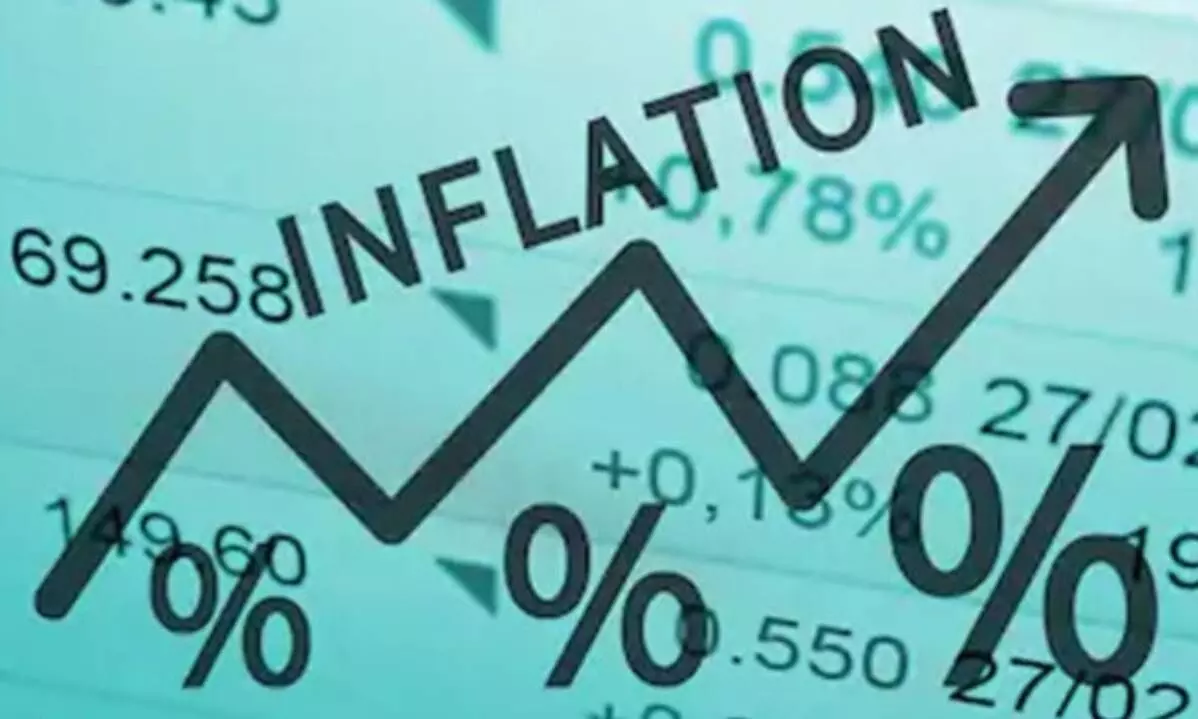'Food inflation will maintain elevated trajectory'
Erratic monsoon and global developments attributed as main causes for fluctuation
image for illustrative purpose

The erratic monsoon, which is affecting sowing, and global developments will keep the food inflation at elevated levels and would also hit the demand in rural India owing to lower income and inflation, said CARE Ratings in a report.
The government’s budgeted cuts on subsidies introduced during the pandemic can further weaken rural demand, it added.
According to the report titled 'Erratic Monsoon, Food Prices, and Rural Demand', an uneven monsoon increases the risk to domestic food prices, while global developments don’t support domestic inflationary conditions either.
CARE Ratings said the food inflation will maintain an elevated trajectory in the coming months, gradually receding by October in conjunction with the influx of fresh harvest into the market.
"Our analysis indicates that food and beverage inflation is projected to peak, reaching an average of 9.4% in the second quarter of FY24. Subsequently, we expect a gradual cooling, with an estimated 6.9% in the third quarter of FY24, followed by a further decline to 5.9% in the fourth quarter of FY24,” the report said.
The risk to global food prices remains elevated with recent weather-related disruptions in South Asian countries and geopolitical developments.
"Higher global food prices can pass through to domestic consumption baskets as import dependency remains high on some items like edible oil and pulses. India’s import dependency of pulses and edible oil for domestic consumption currently stands at around 55 per cent and 9 per cent, respectively," CARE Ratings said. The erratic progress of the southwest monsoon has resulted in a spike in the prices of the domestic food basket, which has a weight of about 40 per cent in the CPI inflation basket. A deficit monsoon has adversely affected kharif sowing with a decline in the sowing of pulses (-8.3 per cent yoy), oilseeds (-0.9 per cent yoy), and cotton (-1.8 per cent yoy).
"As kharif sowing activity is expected to be over by the end of August, the sowing of these crops is unlikely to improve drastically. A drop in yield due to irregular monsoon and a lower acreage can lead to a demand-supply mismatch, further increasing inflationary pressures in the food basket. Pulses and cereals are already witnessing double-digit inflation," CARE Ratings said.

